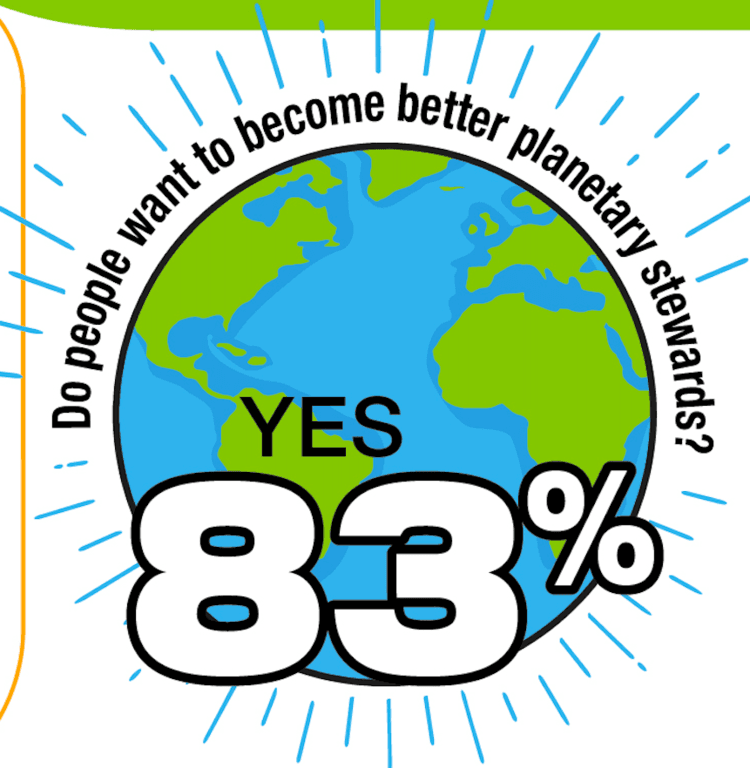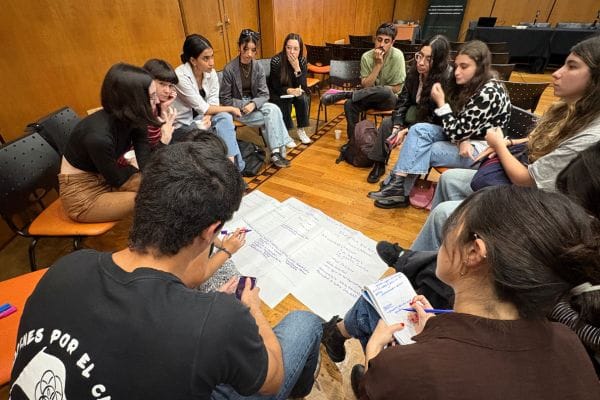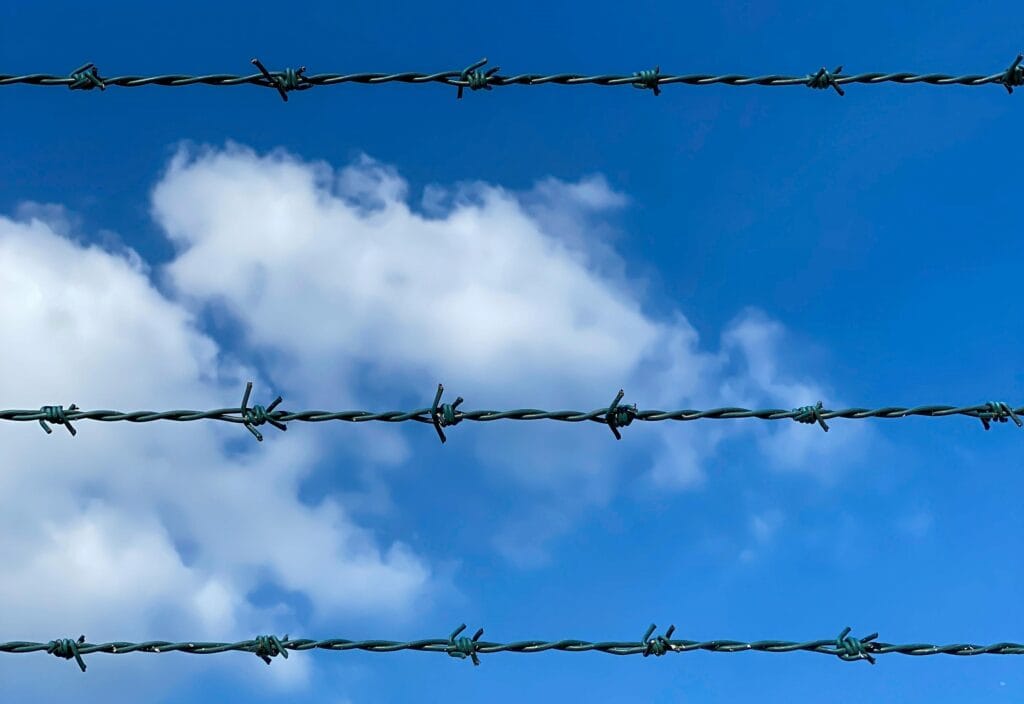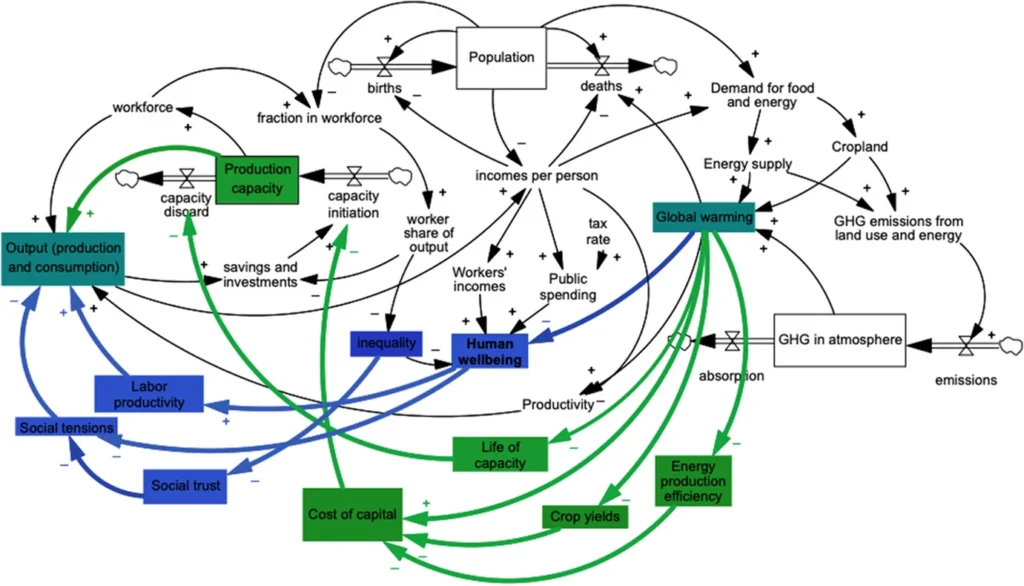
In a major international survey published 17 August, we asked people in the world’s largest economies (G20 countries) if they want their governments to transform their economic systems to prioritise well-being and the global commons over a singular focus on economic growth.
The results were surprising.
“The findings show unequivocally that people in the world’s wealthiest economies think their economies are failing; they want change; and they want it now,” said Owen Gaffney, the lead author of the survey and a project lead for Earth4All.
“These results provide a mandate for G20 leaders to deliver the action needed to protect people and planet,” said Gaffney.

Three quarters (74%) of those surveyed supported a shift in economic priorities beyond increasing wealth to focus more on human wellbeing and ecological protection. This view is consistently high among all G20 countries. It is particularly high in Indonesia (86%), Turkey (85%) and Russia (84%), but even the lowest-scoring countries score highly: United States (68%), Great Britain (69%), and Canada (69%).
The survey was commissioned by the Global Commons Alliance who invited the Earth4All team to help design the questions. The survey, The Global Commons Survey: attitudes to planetary stewardship and transformation, was carried out by Ipsos MORI between April and May 2021.
Other results in the survey:

- Three in four people (73%) in G20 countries agree Earth is approaching potentially abrupt or irreversible tipping points because of human action.
- Three in five people (58%) across the G20 are very concerned or extremely concerned about the state of the global commons.
- Four in five people (83%) are willing to do more to become better “planetary stewards” and protect and regenerate the global commons. People in developing economies showed greater willingness to do more to protect nature and climate than those in advanced economies: Indonesia (95%), South Africa (94%), China (93%) compared with Japan (61%), Germany (70%), and the United States (74%).
- 69% of people believe the benefits of action to protect the global commons outweigh the costs.
- 59% acknowledge a very rapid energy transition is needed in the next decade.
- Just 8% acknowledge the need for broader economic changes in the next decade.
- 71% agree the pandemic recovery is a unique moment to build societies more resilient to future shocks
Bridget Williams, Research Director at Ipsos MORI said:
“This survey clearly shows that people across the G20 want to play their part in protecting and restoring the global commons in the future – there is a desire for both local and global leadership. Many also feel that media coverage leaves them unclear about what they can personally do to help. There appears to be a real demand for more information about individual actions that people can take to contribute: particularly from younger people and families with children. Policymakers should take this opportunity to mobilise citizens in their country towards positive action. They can start to do this by providing clear information on the contributions individuals can make to achieving the transformations needed in their country.”
More information:
Guardian article



